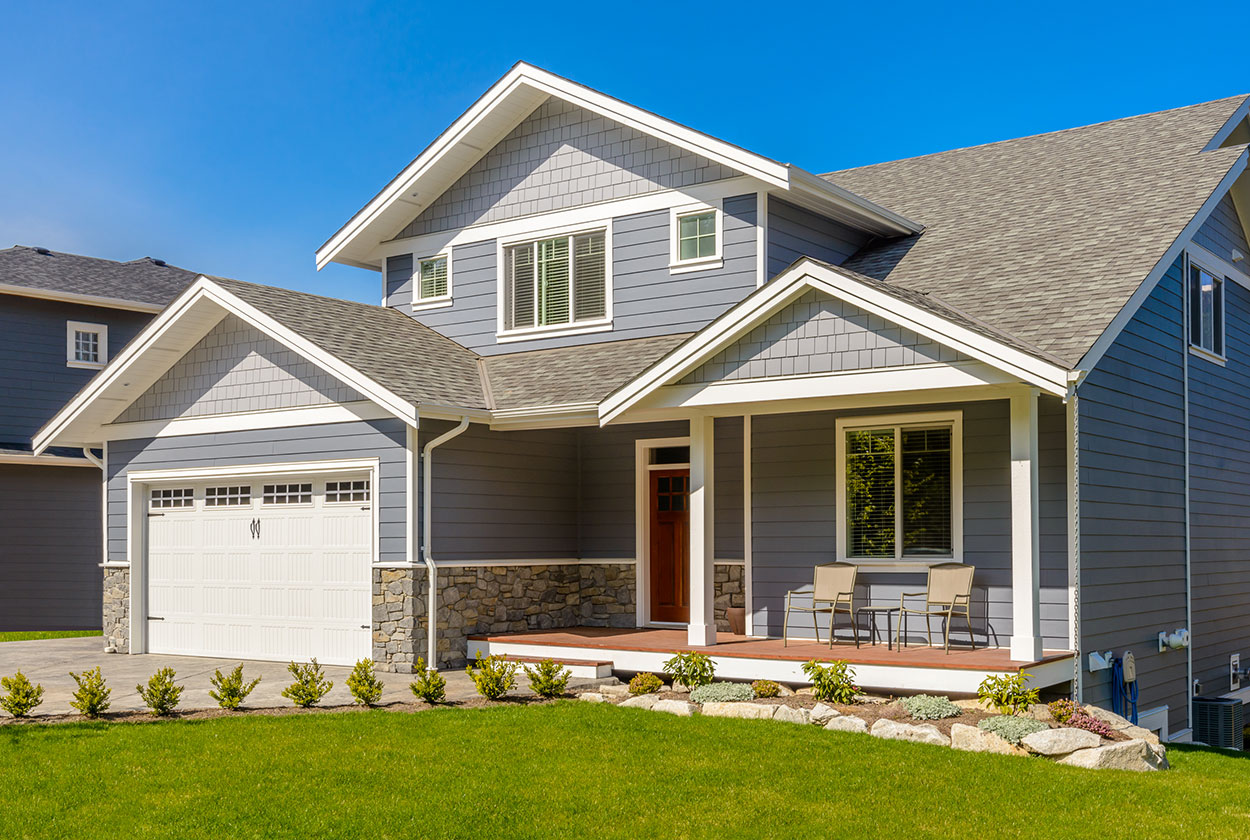
Top Tips to Prevent Plumbing Disasters in Your Home Oct 04, 2025
First and foremost, regular maintenance is key. Just like any other system in your home, your plumbing requires periodic check-ups. We recommend scheduling a professional inspection at least once a year. This can help identify potential issues before they escalate into full-blown emergencies. An experienced plumber can detect leaks, corrosion, and other warning signs that are easy to miss with an untrained eye.
Another vital step is monitoring your water pressure. High water pressure might feel great in the shower, but it can severely damage your plumbing system over time. It often leads to leaks in pipes, worn-out fixtures, and can even cause pipes to burst. Consider installing a water pressure regulator to maintain a safe level. Generally, household water pressure should range between 40 and 60 psi.
Clogs are a common plumbing issue that can lead to significant problems if not addressed promptly. To prevent them, be mindful of what goes down your drains. In the kitchen, avoid pouring grease or oil into the sink. These substances solidify as they cool, leading to stubborn clogs. In the bathroom, keep an eye on hair and soap residue. Simple actions like using drain guards can go a long way in keeping these out of your pipes.
Furthermore, the importance of knowing the location of your main water shut-off valve cannot be overstated. In the event of a burst pipe or severe leak, shutting off the water supply can prevent extensive water damage. Make sure everyone in your household knows where to find the shut-off valve and how to operate it. A quick response can save you from massive repair bills.
Winter months pose additional challenges for plumbing systems, particularly if you live in an area prone to freezing temperatures. Insulating your pipes is an effective way to protect them from freezing and potentially bursting. Foam pipe insulation is easy to install and can be found at most hardware stores. Ensure outdoor faucets are turned off and drained before the cold sets in, and disconnect any hoses to prevent water from freezing in the line.
Lastly, don't ignore warning signs. Unusual noises like gurgling drains, the sound of running water when no taps are in use, or persistent slow draining are signals that something might be wrong. Address these issues immediately with professional assistance from Handy Ma'am Plumbing to avoid more significant problems down the line.
Staying proactive and vigilant is the best strategy to prevent plumbing disasters in your home. By implementing these preventive measures, you safeguard your home against unexpected disruptions and ensure your plumbing system operates efficiently. At Handy Ma’am Plumbing, we’re always here to help with expert advice and reliable, professional service. Remember, a little prevention goes a long way in maintaining peace of mind and saving on costly repairs in the future.
/filters:no_upscale()/media/54361a5d-ecd3-40e8-8097-75d0e6878b35.jpeg)